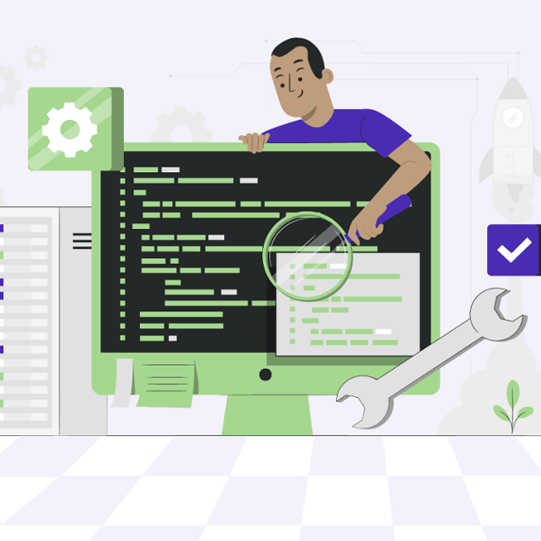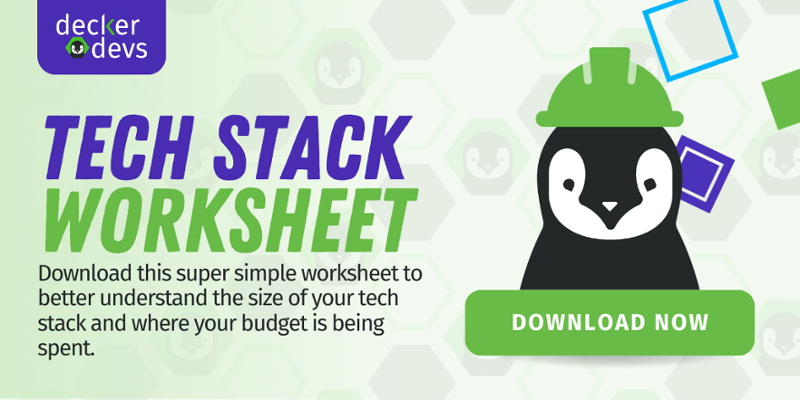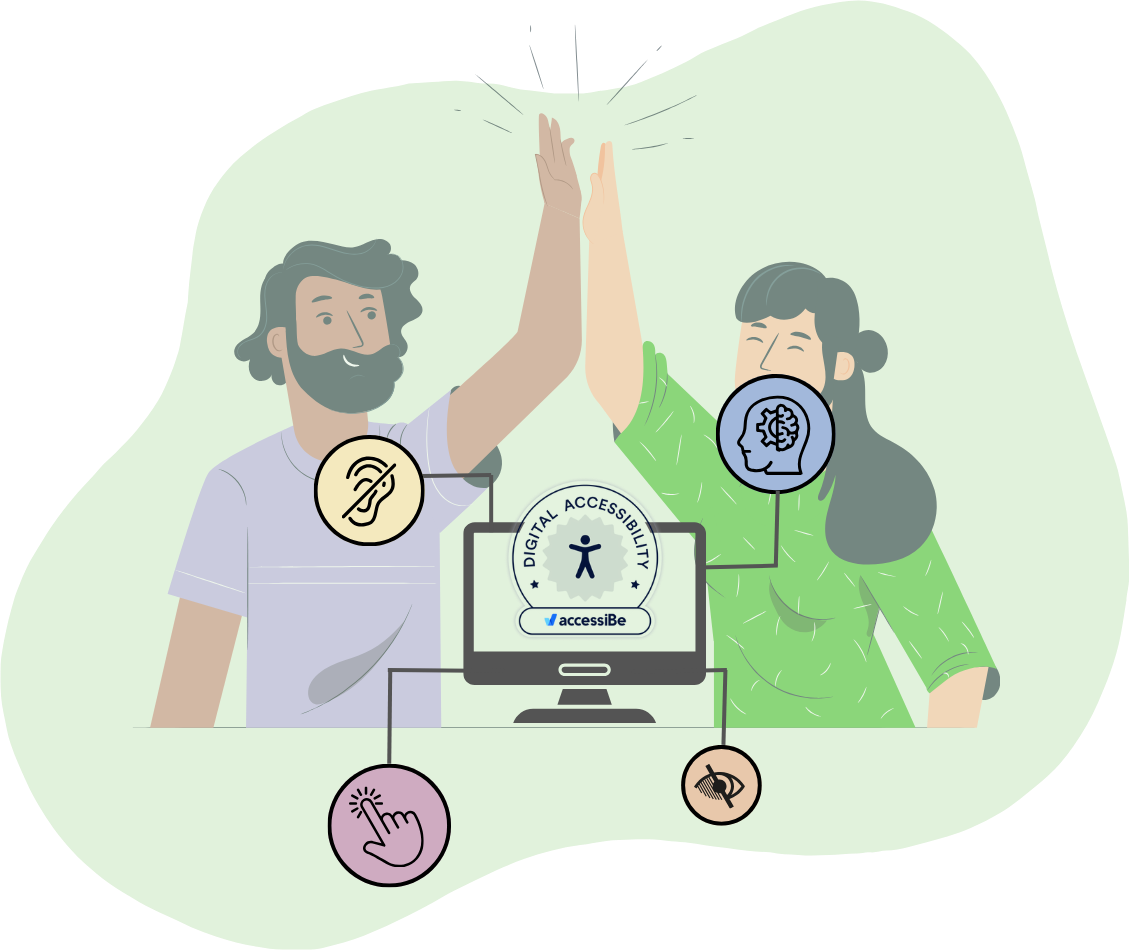 The majority of inquiries we receive for integrations usually start something like this:
The majority of inquiries we receive for integrations usually start something like this:
“Hi, Nicholas! We’re looking for a developer that can integrate _______________ [insert line of business application or ERP here] with HubSpot.”
“We need our contact records to be imported over from our ERP into HubSpot automatically.”
“There are some pieces of data that we want our service and accounts teams to be able to access - is an integration between __________________ [business app] and HubSpot possible?”
These are all important questions, of course. When organizations approach us understanding the need and value to integrate their applications with HubSpot, we already know it’s probably going to be a great fit. Organizations that already know they need to integrate their software are taking the steps to invest in making sure that HubSpot is adopted seamlessly into their organization. It isn’t piecemeal or “let’s see how this goes and then pay for an integration” - it’s very much an all-in approach that will serve their users incredibly well in the long term.
Related: HubSpot Integrations Improve Organizational Health
However, just because an organization knows how important an integration will be to their users happiness and productivity, as well as the efficiency of data reporting, it doesn’t mean they’ve done all the diligence we need them to do before reaching out about an integration.
If you’re thinking about integrating your software with HubSpot, here are a few questions you want to ask before you start the process of finding the right partner for the job:
What is your long term business goal?
This seems like the simplest question to ask, doesn’t it? But it’s probably the most important. And before you say something smart like, “The goal is to integrate with HubSpot and move data into there” — of course, we understand the basic goal of what you believe you need to achieve with your integration. But we want to dig a little deeper before we start the process of giving you a proposal by making you take a step back and determine how this integration suits your long term business goals.
If you’re considering integrating, you might have any or all of the following goals:
- We want to make our users more efficient and decrease the time they spend doing data entry or opening multiple applications.
- We want to make sure our sales and service teams have the best possible information when interacting with our customers and clients.
- We want to have a better idea of how our marketing efforts are translating into dollars both for new customer generation and upselling and increasing the value of existing customers.
- We want to get an overall picture of our analytics across sales, marketing and service, optimize the data available to them, increase efficiency for all departments and do everything we can to make both the customer experience and employee experience seamless, optimized and intelligent as possible to scale. (we really like this goal)
These goals are related and different and depending on your budget - all entirely achievable within an integration with the right HubSpot Partner. That is, if you’re willing to do the work. Your goal will tell your partner a lot about where they need to take the integration and depending on what your goal is, what kind of budget you can allocate and how long term you’d like to work together, we can create a scaled plan that can accommodate all your existing goals and more. Nicholas fondly likes to refer to this as the “pie-in-the-sky unicorn package”.
When we know your goals we can decide how best to execute them, but when we understand your long term brand vision for where you want your company to be we can make long term plans working within your budget to accomplish those goals over time with an architect and developer working together.
Related: HubSpot Architects + HubSpot Developers = Perfect Custom Integrations
Is there a native integration for this already?
Sometimes, for organizations with simple goals, native integrations can be an easy solution to get the data that you need moved over. Inside HubSpot’s Marketplace ecosystem there are 1481 native app integrations that are pre-built. Odds are good that if you have a relatively common application that you need to share data between HubSpot, an integration may already exist inside the marketplace for you to leverage.
Native integrations can sometimes be configured by you, but are definitely the easiest way to help share data. Integrations with Shopify, Mailchimp, WordPress, Google Calendar, Facebook Ads, Zoom, Slack, LinkedIn, LinkedIn, Canva, PandaBox and more are just the very tip of the iceberg of available integrations inside HubSpot’s App Marketplace.
A HubSpot Technical Partner can help you get your integration setup properly, or flesh out an existing integration.
Even if what you need isn’t inside HubSpot App Marketplace yet, odds are great that you’ll find an existing tool or application you use that you didn’t even realize could share data with HubSpot.
(Please note that you need a HubSpot account to check the app marketplace.)
What else can we accomplish at the same time?
Part of the reason we’re so adamant about adding in a HubSpot Architect to our custom integrations is that he or she can sift through your data architecture, ask some questions about your business processes and identify opportunities to optimize and configure your HubSpot portal and reports accordingly. He knows the ins and outs of HubSpot and can audit your tech stack to determine where the best opportunities are to explore native or custom integrations and what data is best used inside HubSpot given the intricacies of the tool and capabilities available to you.
Your individual HubSpot license is usually identified by a combination of factors - like getting the best deal, bundling tools and whatever you decided your maximum available budget was at the time. But too often, these are not the most important factors when it comes to optimization of your business process and integrating the best data between marketing, sales and service - and clients end up with mismatched HubSpot licenses.
.
By engaging a professional in the process, we can take all of your existing tools, potentially pare them down, consolidate your tech stack, and decide the exact combination of native and custom integrations as well as appropriate HubSpot licenses that are needed to supercharge your reporting.
While you may have approached us only with the desire to integrate deal details so that accounting can more easily bill when a deal is closed, we may be able to optimize customer experience by sharing data between HubSpot and your service application or within your sales software and marketing. Don’t write off the possibilities that you might not be seeing. You can save a lot of money in the future by being a little more proactive about planning now.
Related: Optimize your HubSpot Reporting with a HubSpot Data Architecture Audit
Have I allocated enough budget for this project?
No.
Ha. Sorry. In a perfect world, every prospect that comes to us will already understand what an integration takes and how much they need to invest to ensure that it’s done right. We’re realists, though, and we understand that not every organization approaches a new integration like we do. But we also know that when we finish integrations, our customers are *very* satisfied with them.
Here’s a great review quote from one of our home builder clients:
“We came to Nicholas with a complicated integration request with a small Home Builder ERP and he successfully proved that we can build a 2-way sync. We never thought that would be possible. Thanks to Nicholas, we now have an integrated solution that can be built upon for future development. The build-out process was successful, easy and it is always fun to work with him!”
In your integration budget, you should make sure that you have a plan for how you’ll continue to expand the integration in the long term. If you thought that a one-time integration build based on a singular property that you wanted to be moved from one application into HubSpot was going to serve your needs for the long term - think again.
Your business is complex and the data and how you build upon and learn from that data and make decisions to scale your business is constantly evolving. By creating a sustainable, ongoing budget for integrations and technical aspects of your data, you’ll situate yourself for scaling and proactively plan for the expansion of your tech stack and integration with HubSpot.
Related: JC Penny's is dead, and so are discount HubSpot Partner services
How can we improve the flow of data inside our organization prior to integrating?
This is what I mean when I mention scaling productively… So many processes in business are established according to what they were able to do when they were small or what worked well enough for a business of that size. Very few businesses start with processes and data organization and management and applications that see them through their growth journey from a small business into a mid-sized organization.
You may explore building an integration only to discover that the original platform you’ve used to scale your business to this point just isn’t serving you any longer. Engaging professional technical resources into your business and processes proactively from a consultative perspective *before* you make any integration decisions is critical.
By taking the time to make your processes more efficient and eliminate redundancies in your existing processes, you can make sure that your integration is planned with the long term in mind.
I cannot stress enough and continue to probably sound like a broken record when I discuss the need to go through a full data and tech stack audit before you begin making huge decisions on the HubSpot Platform or any paying for expensive integrations. A gifted HubSpot Architect and Technical Partner can work with your CTO or Technical Director to identify the best next moves for your business, the data that moves between departments, the tools used within each department and how those tools work together and best integrate with HubSpot and the many tools and reporting mechanisms available to you within it.
Don’t short change your technology by paying for a simple integration without exploring what your goals are, what your goals should be, optimizing your tech stack, budgeting properly, exploring native integrations and optimizing your data processes and workflows.
With a little proactive planning, we’ll get you situated for the perfect integration that balances your goals, your needs and your budget.






